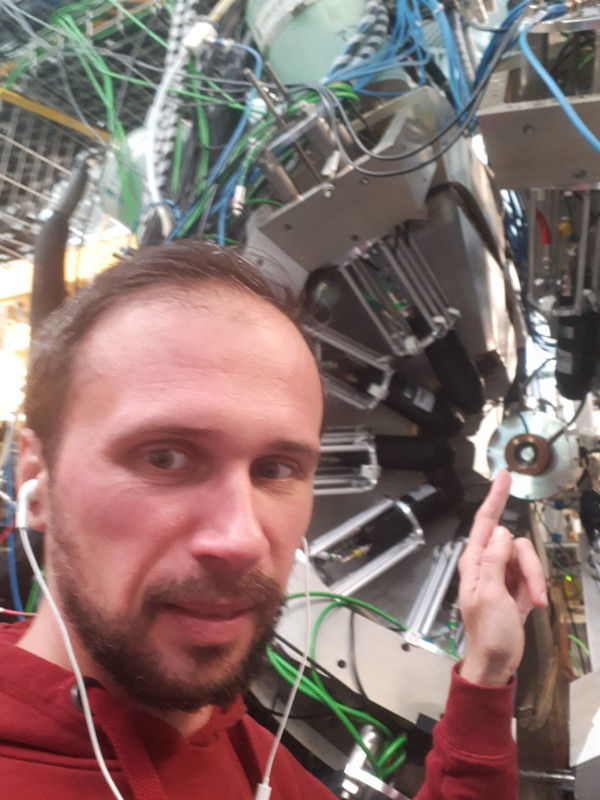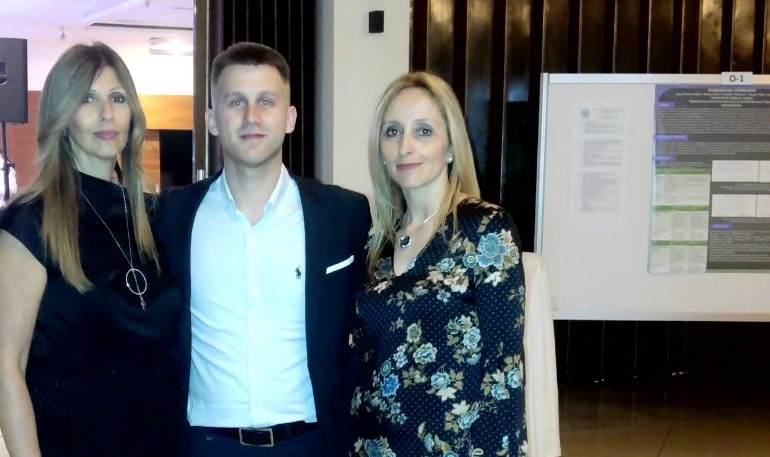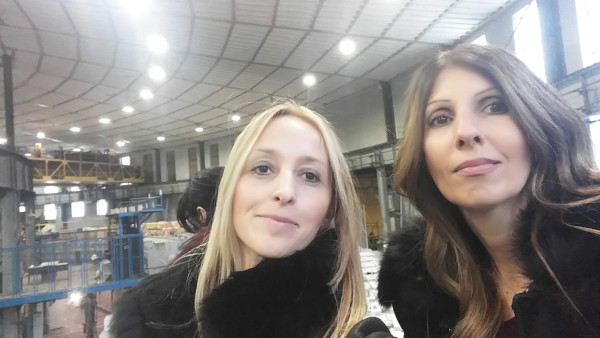As a part of GENESIS project (Boosting excellence of UNSPMF NPG in neutrino physics research), approved by the Science Fund of the Republic of Serbia within the Serbian Science and Diaspora Collaboration Program, the associates of the Chair of Nuclear Physics in the Department of Physics at the Faculty of Sciences in Novi Sad, led by Prof. Dr Natasa Todorovic as the project manager, have officially become the members of DUNE (Deep Underground Neutrino Experiment) science collaboration. DUNE is currently made up of over 1000 researchers from more than 30 countries (more than 190 institutions), and the first research team from Serbia was represented by the associates from the Chair of Nuclear Physics – Prof. Dr Natasa Todorovic, full professor, Prof. Dr Jovana Nikolov, associate professor, and Dr Nikola Jovancevic, assistant professor, as well as four doctoral students of nuclear physics. A member of the team is also Dr Lidija Zivkovic, a scientific consultant at the Institute of Physics in Belgrade.

DUNE is the leading international experiment in the field of the research of neutrinos as the most common space matter particles, and the host of the project is Fermilab particle physics and accelerator laboratory in Illinois. DUNE consists of two massive neutrino detectors placed at the distance of 1300 km – one at Fermilab and another deep underground at Sanford Underground Research Facility in South Dakota. These detectors will provide the scientists with the key to better understanding of the physics of neutrinos and their role in the creation of the universe. Two prototypes of these detectors are currently at CERN research centre. DUNE will pursue three major science goals: to find the origin of matter; look for subatomic phenomena that could help realize the unification of forces; and perhaps observe the birth of a black hole. The expectations are that the results obtained will equal the discovery of Higgs boson at CERN’s Large Hadron Collider

The membership at this collaboration will enable the associates of the Faculty of Sciences in Novi Sad to educate the experts that are to deal with the physics of neutrinos and have a significant role in DUNE experiment over the next 20 years.
The members of the Chair of Nuclear Physics have already established the international cooperation with a number of eminent scientific centres in the field of nuclear physics: the European Council for Nuclear Research (CERN) in Geneva, the Joint Institute for Nuclear Researchin Dubna, Russia, JRC (the Joint Research Centre) in Belgium, the Argonne National Laboratory in Chicago, universities in France, Italy, Great Britain, the USA, as well as science institutes in Germany, Hungary and Croatia.
The associates from the Chair of Nuclear Physics at the Faculty of Sciences in Novi Sad are the participants in international projects, the authors of a number of papers in the eminent scientific journals, including the prestigious journal Nature, among others, in which, Prof. Dr Jovana Nikolov and Dr Nikola Jovancevic published their papers as the first authors from the Faculty of Sciences. Prof. Dr Natasa Todorovic and Prof. Dr Jovana Nikolov are the authors of a chapter in the European Atlas of Natural Radiation, a chapter in the international monograph Handbook of Radioactivity Analysis, as well as occasional editors in the international monograph Radionuclides: Properties, Behavior and Potential Health Effects, devoted to the environmental radioactivity monitoring.

